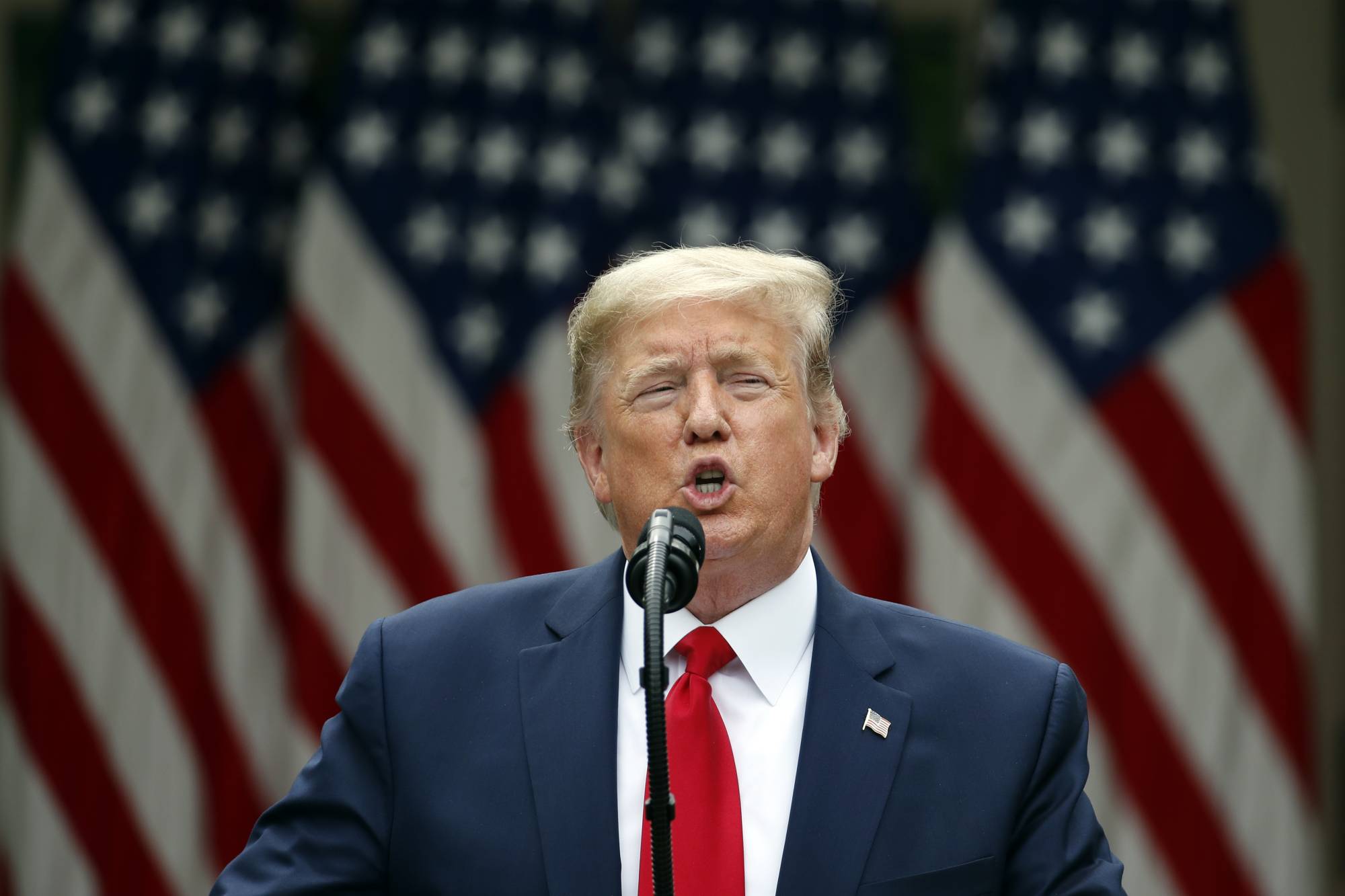U.S. President Donald Trump has had enough of the Group of Seven. It’s hard to fault that instinct: That annual meeting has continued long past its “sell-by” date. It is well past time to consider alternatives, but here the president’s gut has failed him. If there is to be a serious alternative to the G7, it should be a gathering of democracies that focuses on principles of liberal governance and promotes specific measures to advance that agenda.
The G7 was formed in the 1970s as the world struggled with the economic dislocations of that tumultuous time. A meeting of finance ministers from the world’s largest economies to promote economic cooperation morphed into a heads of state summit among “advanced industrial democracies” that sought to provide global leadership on a range of thorny political issues; most simply, the group coordinated policies to win the Cold War.
After the collapse of the Soviet Union, Russia was invited to join; the Group of Eight was born in 1998. Moscow’s membership was revoked 16 years later after its annexation of Crimea; while the move infuriated President Vladimir Putin, the Russian leader knew that the blow was more symbolic than real. The G7 had been overtaken by the Group of 20 as the global economic coordinating body since the 2007-8 Global Financial Crisis — and Russia remained a member of the latter group.



